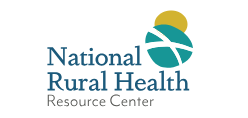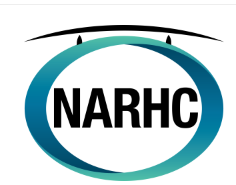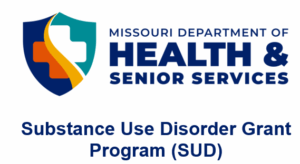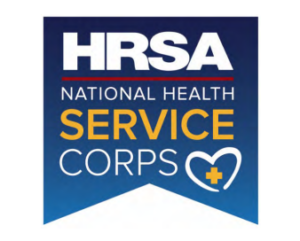July 15, 2025

Rural Hospital Stabilization Program (RHSP) – Apply Now to Join the Next Cohort, Deadline August 20
The Rural Hospital Stabilization Program (RHSP) is funded by the Health Resources and Services Administration’s (HRSA’s) Federal Office of Rural Health Policy (FORHP) and administered by the National Rural Health Resource Center.
The ultimate goal of this program is to strengthen rural health care delivery nationwide. RHSP provides assistance to help hospitals improve financial stability by enhancing or expanding health care services that meet community needs.
Benefits of Participation
- Improve financial position and increase operational efficiencies,
- Enhance stability and sustain access to care,
- Grow services to increase patient volume,
- Align service to community needs, bolster revenue and reduce bypass, and
- Enhance community perception of the hospital.
Hospitals participating in the cohort-style program work to identify clinical areas where expansion or addition of services would help to ensure that care is available locally, and develop those service lines to bolster patient volume, optimize service utilization and improve cash flow.
Hospitals that meet program expectations and are selected for participation may receive financial support for operating and equipment costs for service line development and a Community Engagement Champion.
Apply by August 20
Click Here to Learn More and Apply






